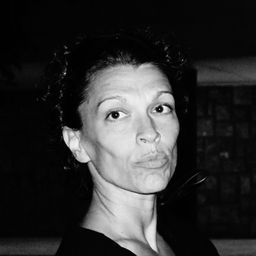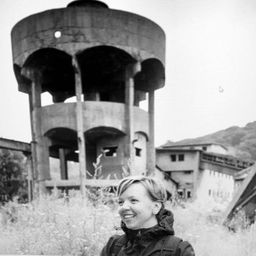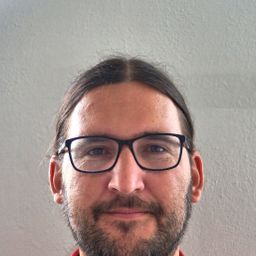Identity, society, and industrial heritage preservation in Central and Eastern Europe III
My Session Status
The Global and Local Section of TICCIH aims to continue its collaborative work by organising a separate session within the framework of the 18th congress in Montreal, Canada. Following its previous sessions centred on various subjects at the Freiberg, Tampere, Taipei and Lille TICCIH conferences, this time the Section will focus on the identity of industrial civilisation in the post-communist countries in Central and Eastern Europe from the angle of its industrial heritage, lost or preserved, in accordance with the driving thoughts of the congress organisers.
Although the term 'industrial heritage' was absolutely unknown in the communist era, the history as well as the material evidence of industrialisation and labour was highly appreciated in the countries of the Soviet bloc due to economic, political, and ideological reasons. As a result, numerous industrial and technical museums were established, industrial monuments protected, scientific articles and books published on industrial history in every country. The change of the political system, however, has substantially modified the public attitude to the tangible and intangible heritage of industrialisation in the 1990s, frequently endangering its survival. Despite definite improvements related to its conservation and reuse in the past years of the 21st century, industrial heritage is still not properly recognized in the post-communist countries. Strikingly, the material remains of communist-era industrialisation have been neglected most.
This session will primarily address identity as well as social issues, originating in the specific historical circumstances prevalent in the Central and East European countries in the communist period, in relation to industrial heritage preservation. What were the social effects of 'forced' industrialisation on local, national and regional level? How did it modify the identity of workers? What initiatives have been made to preserve the heritage of communist-era industrialisation? By what stakeholders? What were the reasons for its successs or failure? Whose bequest? Whose inheritance? How can preservation facilitate solving current identity and social problems in the region?
These are only few of the questions to be discussed by the participants of the session, mostly including the members of the Global and Local Section, while open for all those who are also interested in the subject.
Sub Sessions
According to the identity process theory (Breakwell, 1986), identity is perceived as a dynamic, social product of the interaction between memory capacity, consciousness, and organized construction. Identity can be seen as a structure, which is manifested through thoughts, actions and influences. Since the places we belong to represent personal or collective memories, their identity comes from the symbols in which we find meaning and significance. The variability of the social structure associ...
In the last 10 – 15 years, a variety of bottom-up initiatives have emerged in Romania as a result of civic action, focusing on the safeguarding and enhancement of the cultural heritage despite the lack of legal support and an appropriate national strategy in the field. Such an initiative is also the cultural project “Anina, Mine of Ideas” (2014 – 2018), developed in the former coal-mining town of Anina, south – west Romania. For more than 200 years, spanning from 1773 to 2007, the industry ha...
Main rivers are an essential source of water, transportation routes and also a great source of power. Therefore riverscape used to be a crucial area for development of the manufacties and industry. The Vltava River and its surroundings underwent extensive changes during the centuries, especially in the second half of 20th century, when the system of subsequent river dams was built and large areas of the riverine landscape were flooded. The aim of the paper is to bring information about the pr...




Discussion